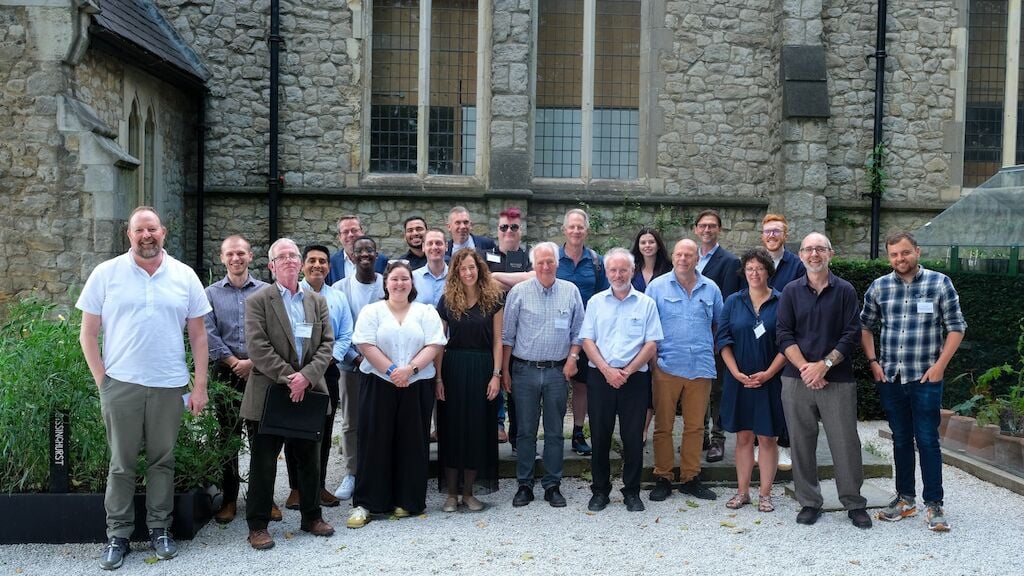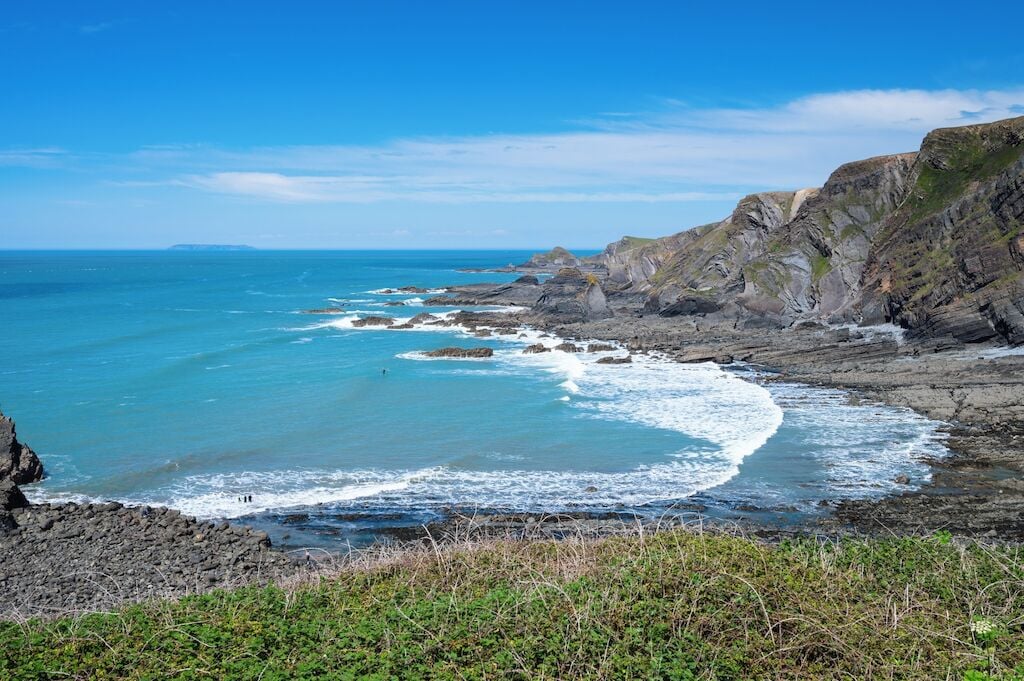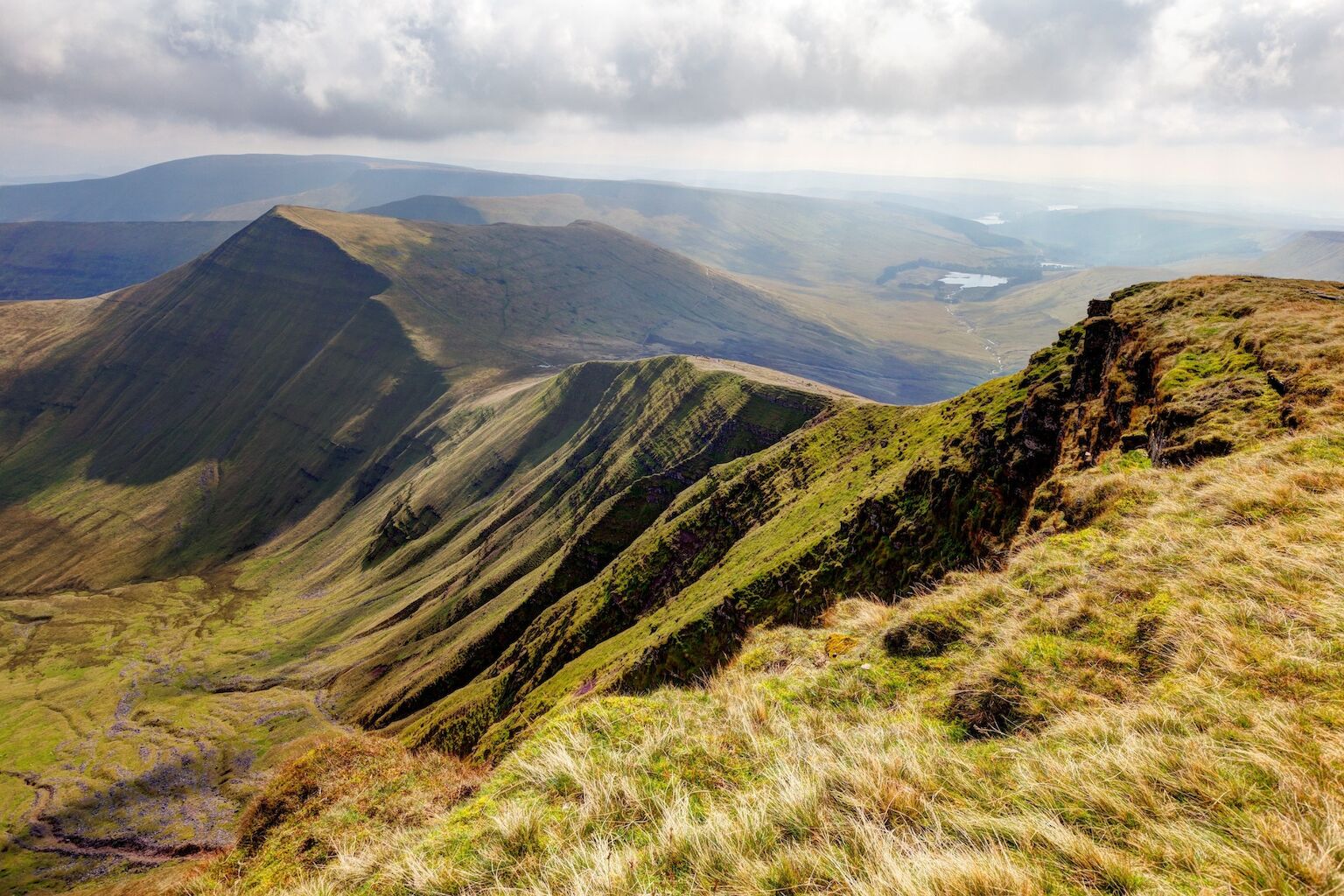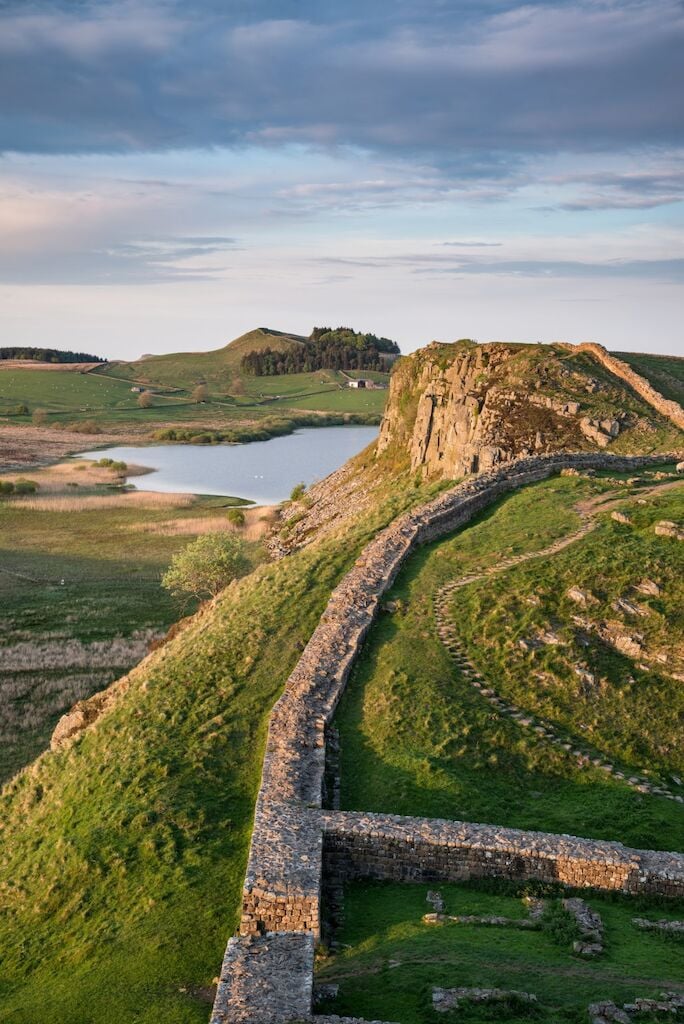The UK National Commission for UNESCO and the Department for Culture, Media and Sport has announced today (15 August 2024) that three UNESCO sites in the UK are set to receive funding and support to take part in the groundbreaking pilot project, Climate Change & UNESCO Heritage.
From extreme weather fluctuations, to the devastating effects of pests and nonnative species, climate change is creating and accelerating the interconnected challenges affecting the UK’s cultural and natural heritage. Much of the data and expertise needed to help tackle these issues already exists, yet siloed working practices at every level can often hinder public and private sector organisations from sharing data effectively, or from working collaboratively on common challenges.
Funded by the HM Treasury Shared Outcomes Fund, the £1.8 million Climate Change & UNESCO Heritage project aims to explore, develop and test ways to overcome these barriers. With cultural and natural heritage being foundational to localising global challenges like climate change, the pilot will also capitalise on the huge potential UNESCO designated sites offer as testing grounds for developing new ways of working.
The project builds on research by the UK and Canadian National Commissions for UNESCO which found that UNESCO sites are not only ideal test beds for developing participatory approaches to global challenges, but are also well-placed to support genuine, on-the-ground collaborative action that can help to achieve outcomes aligned with the 2030 United Nations Sustainable Development Agenda.
Work is already underway to bring together government departments and public agencies to explore these challenges at a national level. North Devon Biosphere Reserve, Fforest Fawr Global Geopark, and Hadrian’s Wall World Heritage Site, have been selected as the three UNESCO sites that will join the project as local case study locations for a 12-month period ending July 2025.
Each site will work with local communities and stakeholders to co-design, develop and test locally-derived models of partnership working. They will also create new shareable and reusable data tools and templates that will help identify and analyse climate-related information more effectively. Project managers will be employed at each UNESCO site to act as the focal point for the project, bringing together community stakeholders.
The learning will lay the groundwork for an improved understanding of the threat climate change poses to the UK’s natural and historic environment, and support UNESCO sites and their local communities to make informed decisions on how to best navigate these challenges in the future. Results of the pilot will be available in summer 2025.
Two specialist agencies have been appointed to support the creation of new approaches and tools at the national and pilot site-level. NIAXO Ltd will lead on data science, analysis and interpretation. Lateral North, based in Glasgow, will lead on stakeholder mapping and user research.










